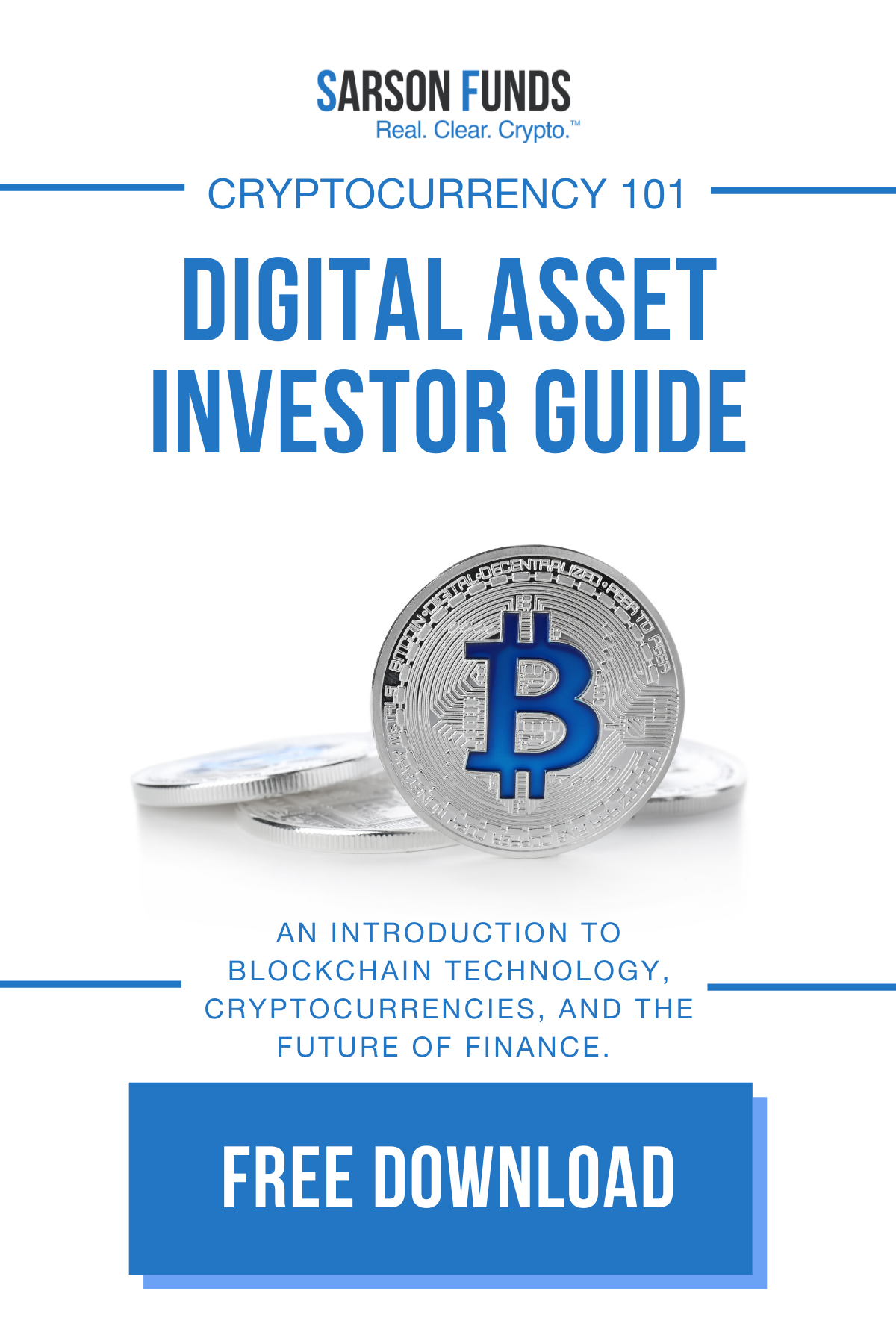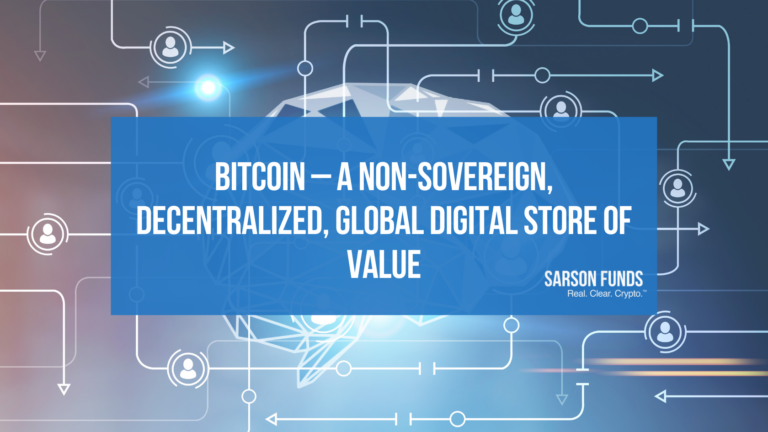
As finance becomes more digitized, it is important to consider the different ways our preexisting financial infrastructure can be more decentralized. One of the major shifts in peer to peer, business to business, and global commerce is the movement toward smart contracts as the mediation between transactions. Smart contracts are an application of blockchain technology that automatically facilitate transactions between two parties, removing the need for banks or middle institutions to be the intermediary in a transaction, and record the history of the transaction on the blockchain. The purpose of this blog is to inform the finance community on one of the most lucrative trends in the crypto industry to help them prepare for the changing landscape of fintech innovation.
Removal Of Counterparty Risk
In the current financial framework, interactions between people and businesses have always required some sort of intermediary to approve and execute a transaction. While the traditional system works, it is inefficient. The costs of involving a third party intermediary to approve a transaction are not only steep but unnecessary. Depending on the distance a transaction must travel, these transactions take several days to fully execute, changing hands multiple times and accruing more and more unnecessary costs. As each transaction passes through different banks, the risk of loss and hack grow higher. Smart contracts simplify transactions by removing unnecessary steps, creating a smoother pathway for transactions to occur, removing counter party risk, cost and time inefficiency for both of the involved parties.
Enabling the Future of Commerce
P2P Use Cases
One of the most prominent use cases for smart contracts in the current financial landscape is between individuals engaging with decentralized exchanges like Aave, Compound, and Uniswap where users can lend and borrow crypto for high yields. In these exchanges, users join lending pools where they can lend and borrow crypto with other users at agreed upon interest rates, agreements that are executed by smart contract deployment on the platform. These smart contracts, which are written code on the blockchain, execute these lending and yield agreements automatically to ensure both parties meet their agreed upon contract terms.
B2B and B2C Use Cases
Another critical use of smart contracts is in supply chains. Supply chains are using smart contracts to confirm and track shipments and deliveries as they take place, creating an instantaneous way of payment, transaction validation, and record keeping throughout the processing and delivery of consumer goods. Smart contracts are making supply chains more efficient by digitizing the payment, validation, and record keeping of the processes that goods go through from production to consumer, creating quicker and more cost-efficient ways of running a supply chain.
Use cases for financial institutions
While banks are slow to adopt blockchain, the use cases for the finance community will shape the future of financial operations. Banks like JPMorgan are pioneering the future of smart contract deployment in banking as they recently launched their own blockchain, Liink, and stablecoin, the JPM coin. JPMorgan uses the JPM coin with smart contract mediation to perform risky interbank transfers and international payments instantly and without the need for an intermediary, removing the inefficiencies described above from their affairs. JPMorgan is blueprinting a lucrative landscape for other banks to follow suit with blockchain and smart contract deployment.
At Sarson Funds, we believe the financial community must keep a close eye on the development of smart contract capabilities as these automated systems enable greater, frictionless financial freedom. We believe that as the ecosystem develops, smart contracts will become the future of P2P, B2B, and B2C commerce.
By Liam McDonald
Disclosures: Not investment advice. It should be assumed that Sarson Funds or its affiliated managers hold positions in all projects that are discussed. It is not possible to invest in any project directly through Sarson Funds, Inc. or its affiliated managers. Any investment product offered by managers affiliated with Sarson Funds should be assumed to be only available to Accredited Investors and subject to the individual terms and conditions of that offering including but not limited to those eligibility requirements associated with U.S. Securities Regulation D, section 506c. Talk with your financial advisor before making any investment decisions or have them contact Sarson Funds directly at [email protected]










